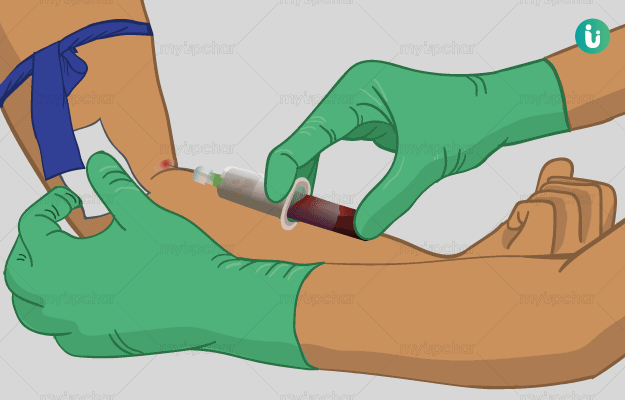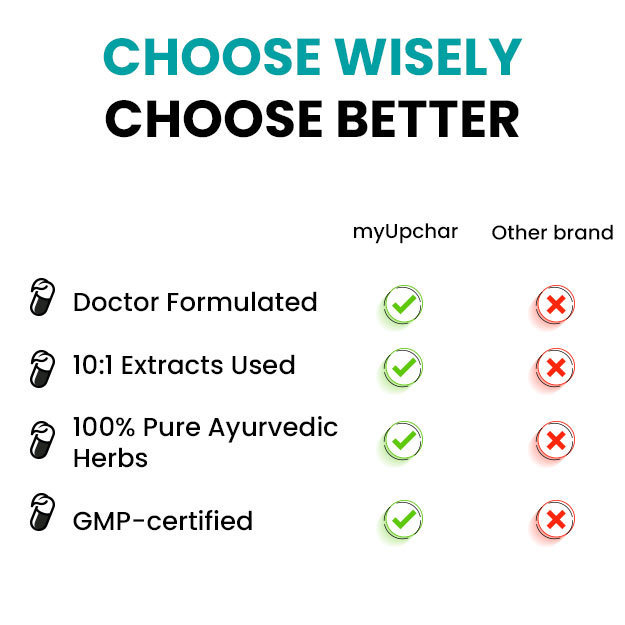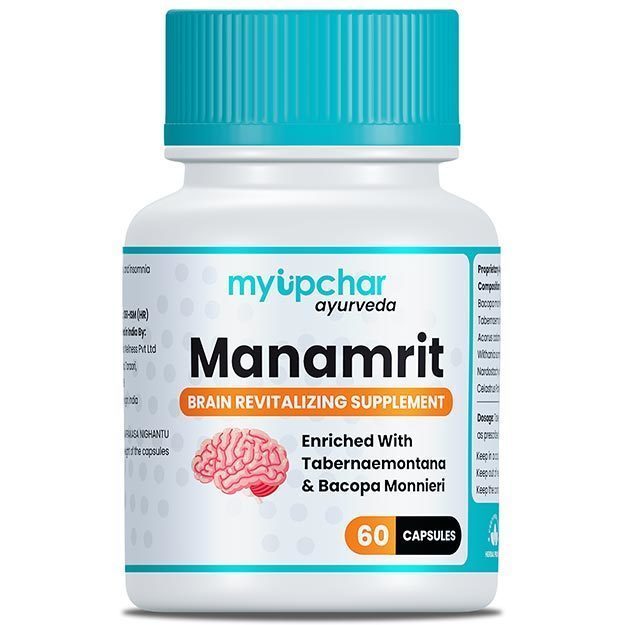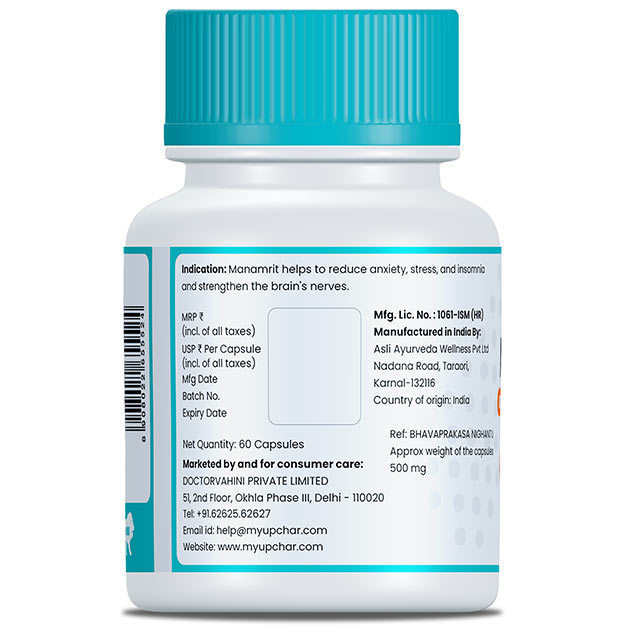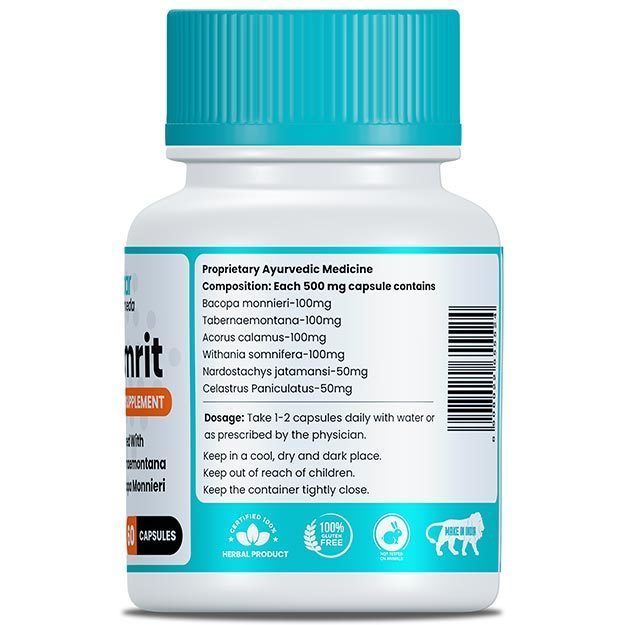What is cortisol test?
Cortisol test measures the amount of cortisol, a hormone produced by adrenal glands (the glands located above kidneys) in blood. This test is also known as blood cortisol or plasma cortisol test. It is mainly used to diagnose Addison disease and Cushing syndrome, two rare medical conditions marked by cortisol imbalance. However, this test also detects other diseases that affect adrenal and pituitary function.

